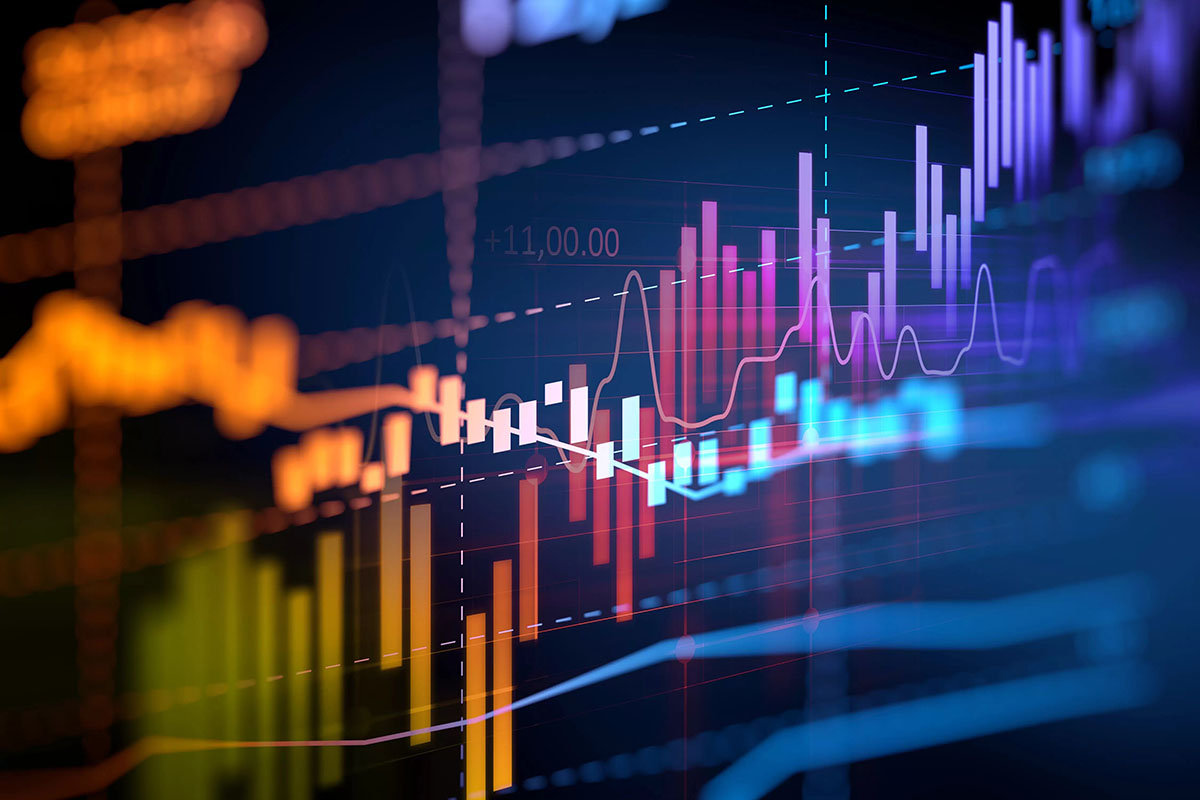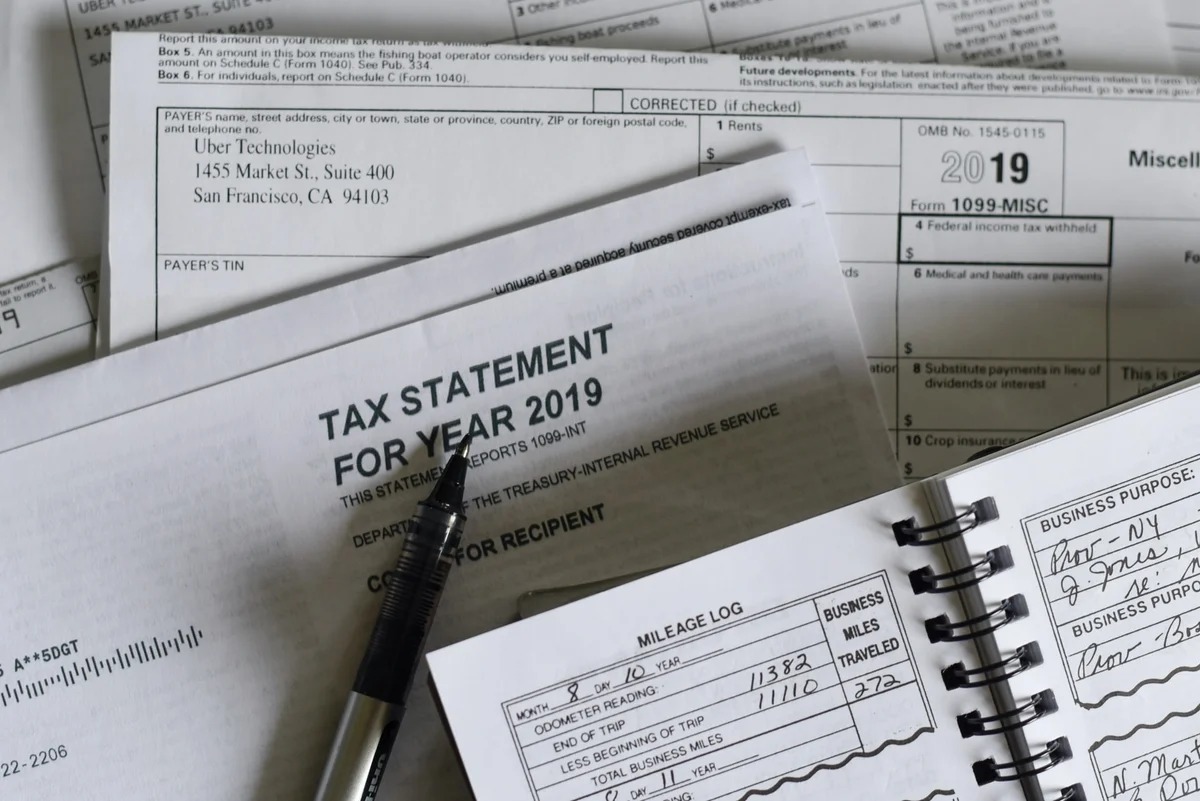

Finance
Commercial Trader Definition
Published: October 29, 2023
Learn the meaning of commercial trader in finance and how they play a crucial role in the financial industry. Explore their responsibilities and importance in the market.
(Many of the links in this article redirect to a specific reviewed product. Your purchase of these products through affiliate links helps to generate commission for LiveWell, at no extra cost. Learn more)
What is a Commercial Trader and How Do They Impact the Financial Market?
If you have ever wondered about the role of a commercial trader in the financial market, you’re in the right place. In this blog post, we will explore the definition and significance of a commercial trader, shedding light on their impact on the finance industry.
Key Takeaways:
- A commercial trader is an individual or an entity that engages in trading activities for commercial purposes, such as hedging against price fluctuations or managing risk.
- These traders play a vital role in bringing liquidity to the market and ensuring efficient price discovery, which benefits both producers and consumers.
So, what exactly does a commercial trader do? In simple terms, a commercial trader is involved in trading commodities, currencies, or financial instruments not for speculative purposes, but to protect or facilitate their commercial operations. This means that their trading activities are driven by practical considerations rather than mere profit-seeking.
Here are some key aspects of a commercial trader’s role and how they impact the financial market:
1. Hedging and Risk Management
Commercial traders often use derivatives, such as futures contracts, to hedge against potential price fluctuations in the commodities or currencies they deal with. By taking opposite positions in the futures market, they can offset potential losses in the physical market, providing stability to their businesses. This hedging strategy not only protects commercial traders from adverse price movements but also helps maintain price stability in the market as a whole.
2. Liquidity and Price Discovery
Commercial traders contribute significantly to market liquidity by providing buying or selling pressure based on their commercial needs. Their participation ensures that there are enough willing buyers and sellers to execute trades effectively. This liquidity benefits other market participants, such as speculators and investors, by reducing bid-ask spreads and enhancing overall market efficiency.
Furthermore, commercial traders play a crucial role in price discovery. As they are directly involved in physical trades, they possess valuable information about supply, demand, and market conditions. Their actions in the futures market, guided by their commercial interests, help reflect these real-world factors in asset prices, improving market pricing accuracy.
In conclusion, commercial traders form an essential part of the financial market ecosystem. Their activities not only enable them to manage risks effectively but also contribute to market stability, liquidity, and price discovery. Understanding the role of commercial traders helps us grasp the dynamics of the financial market, ensuring a more holistic view of the intricate mechanisms at play.














